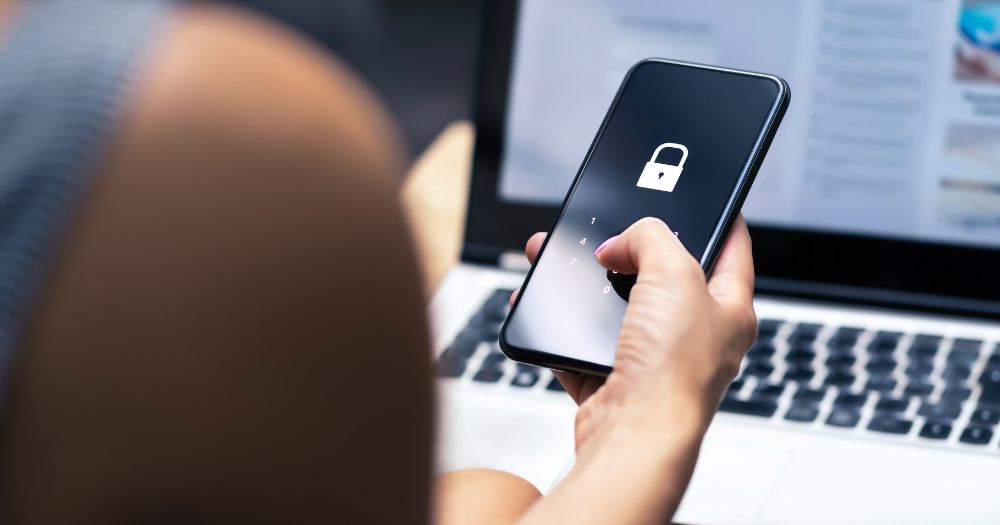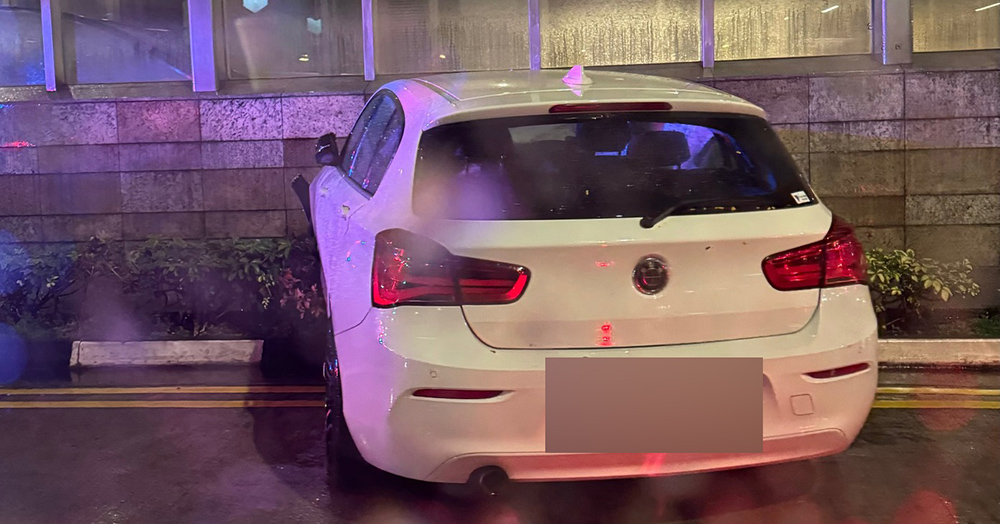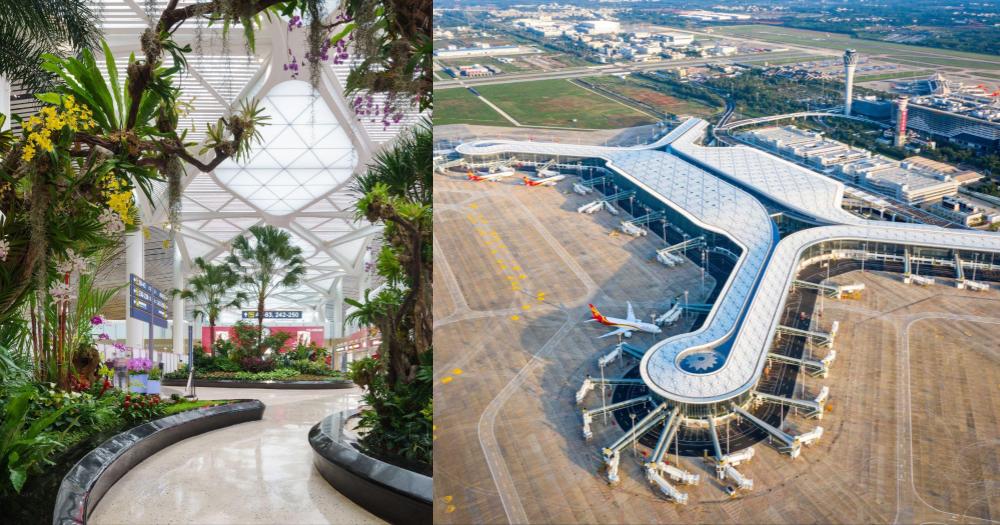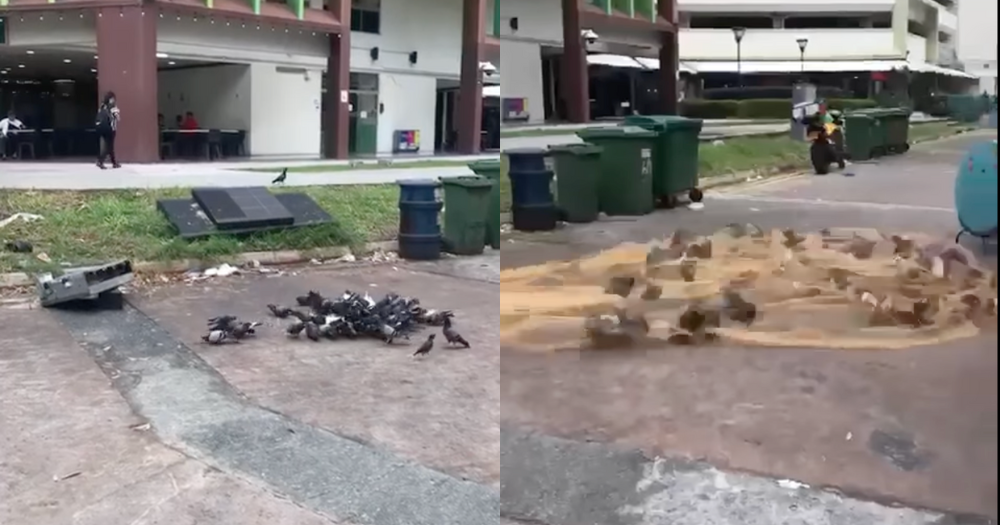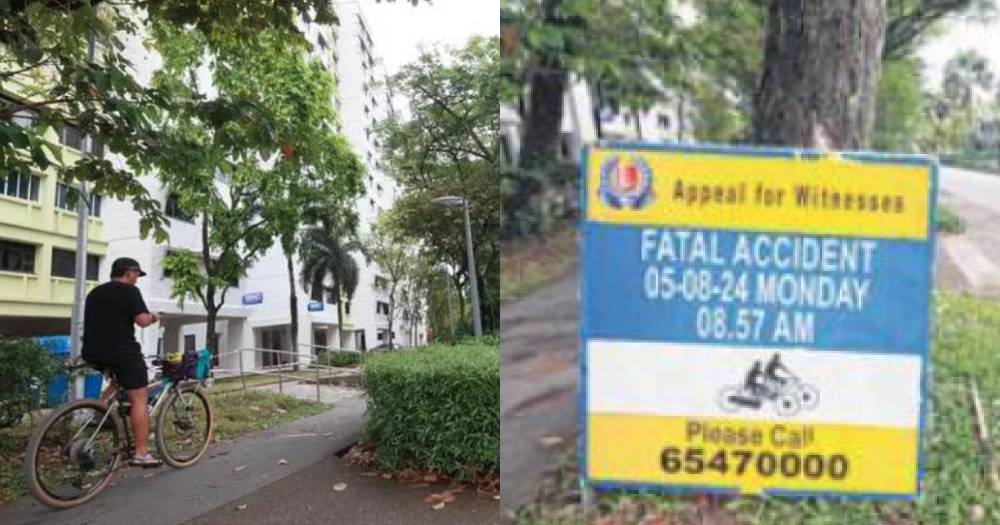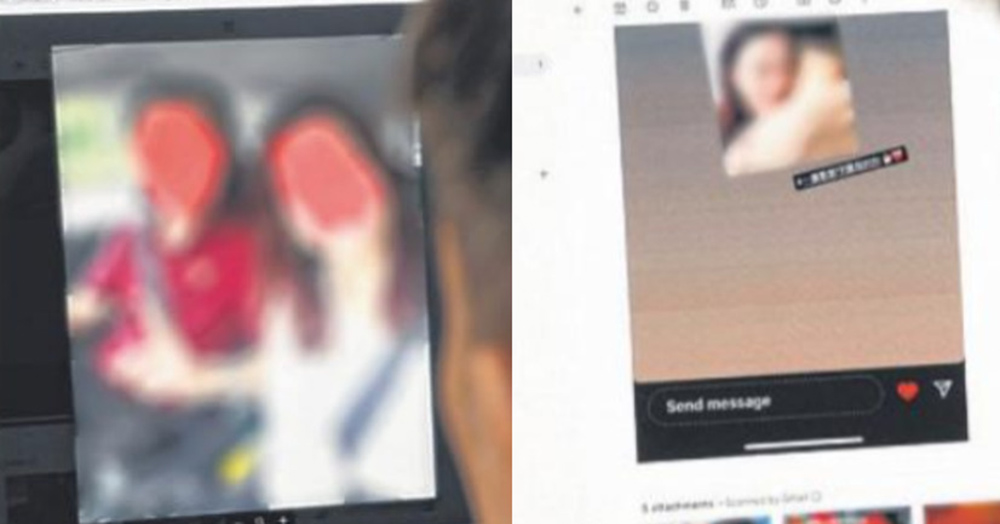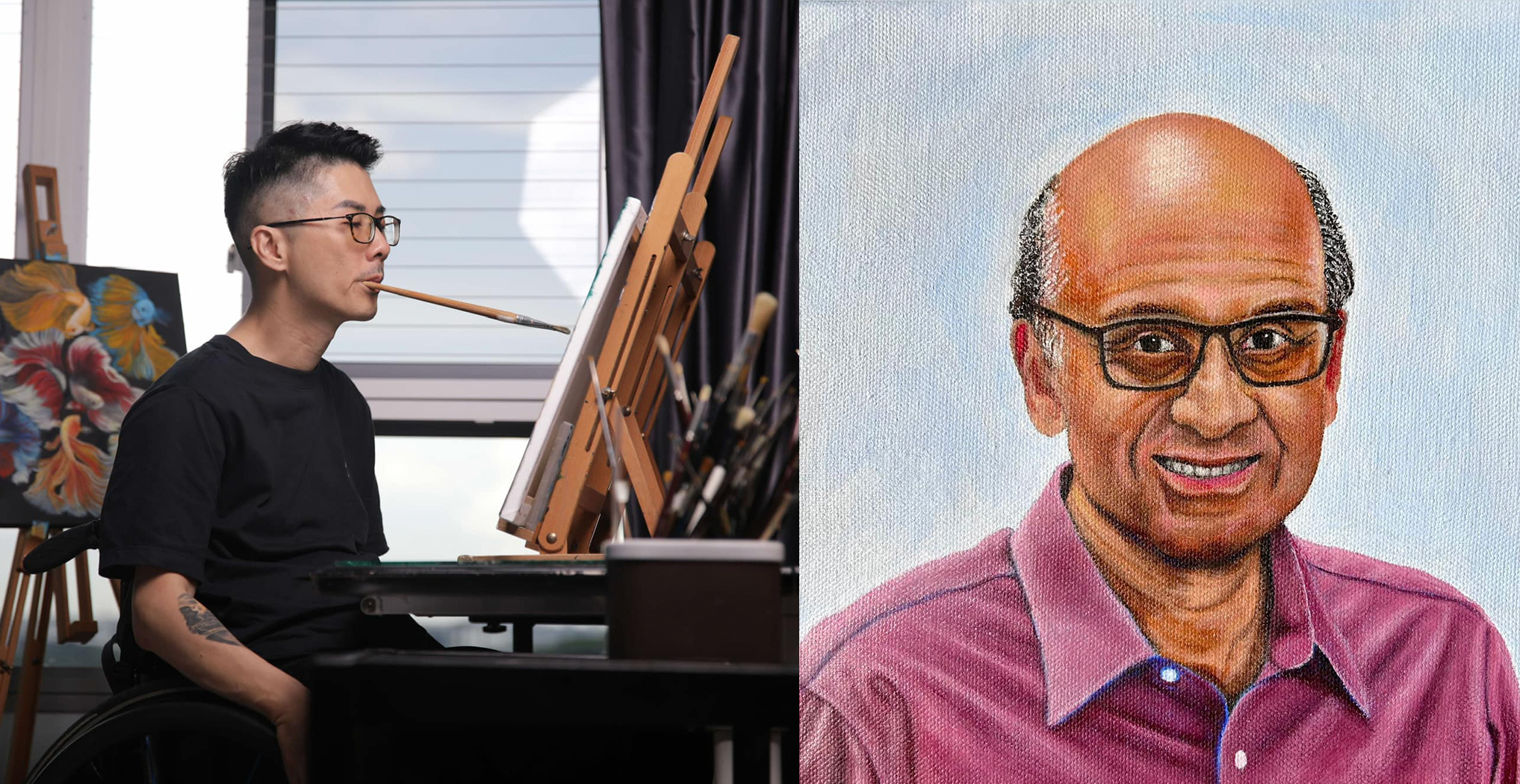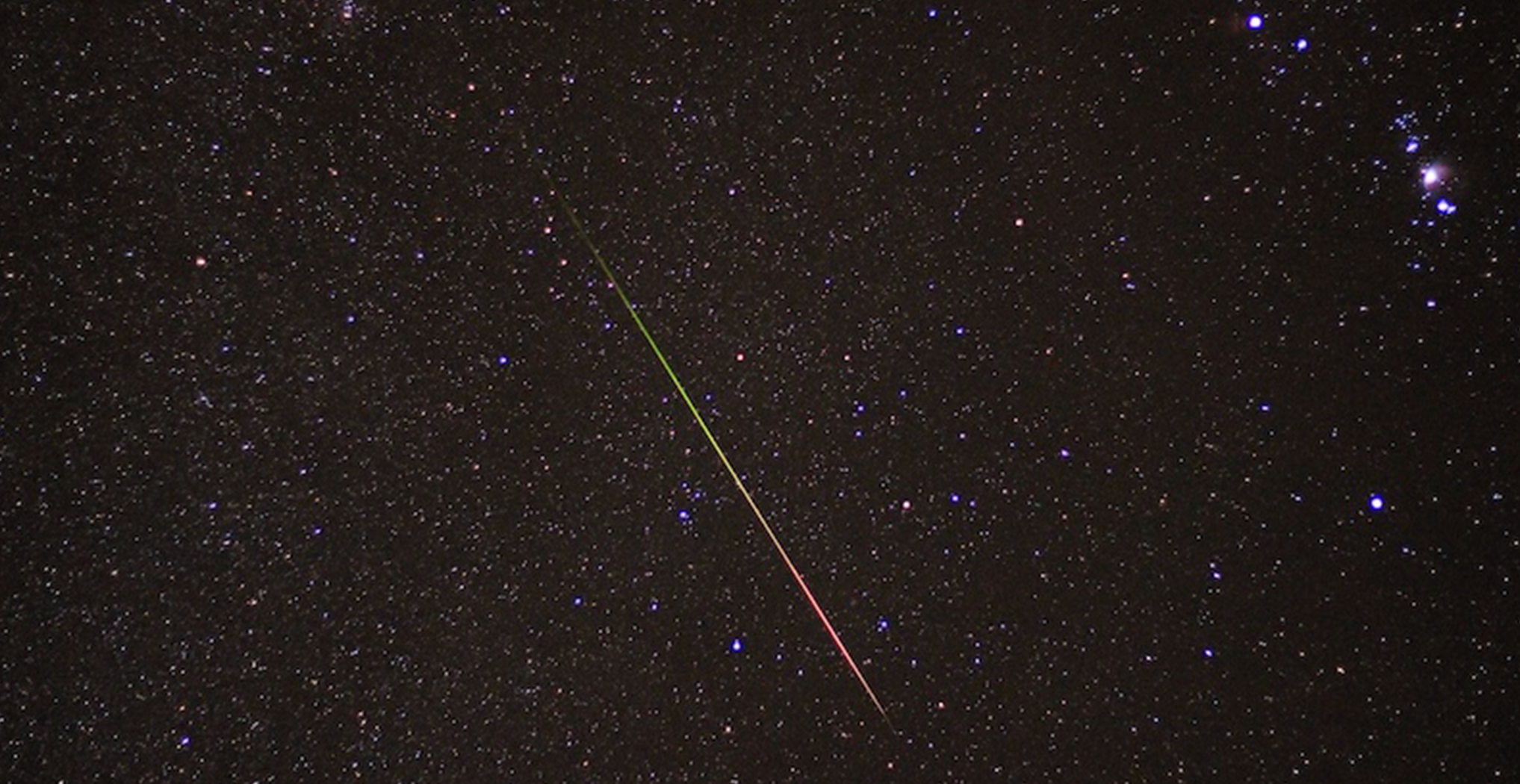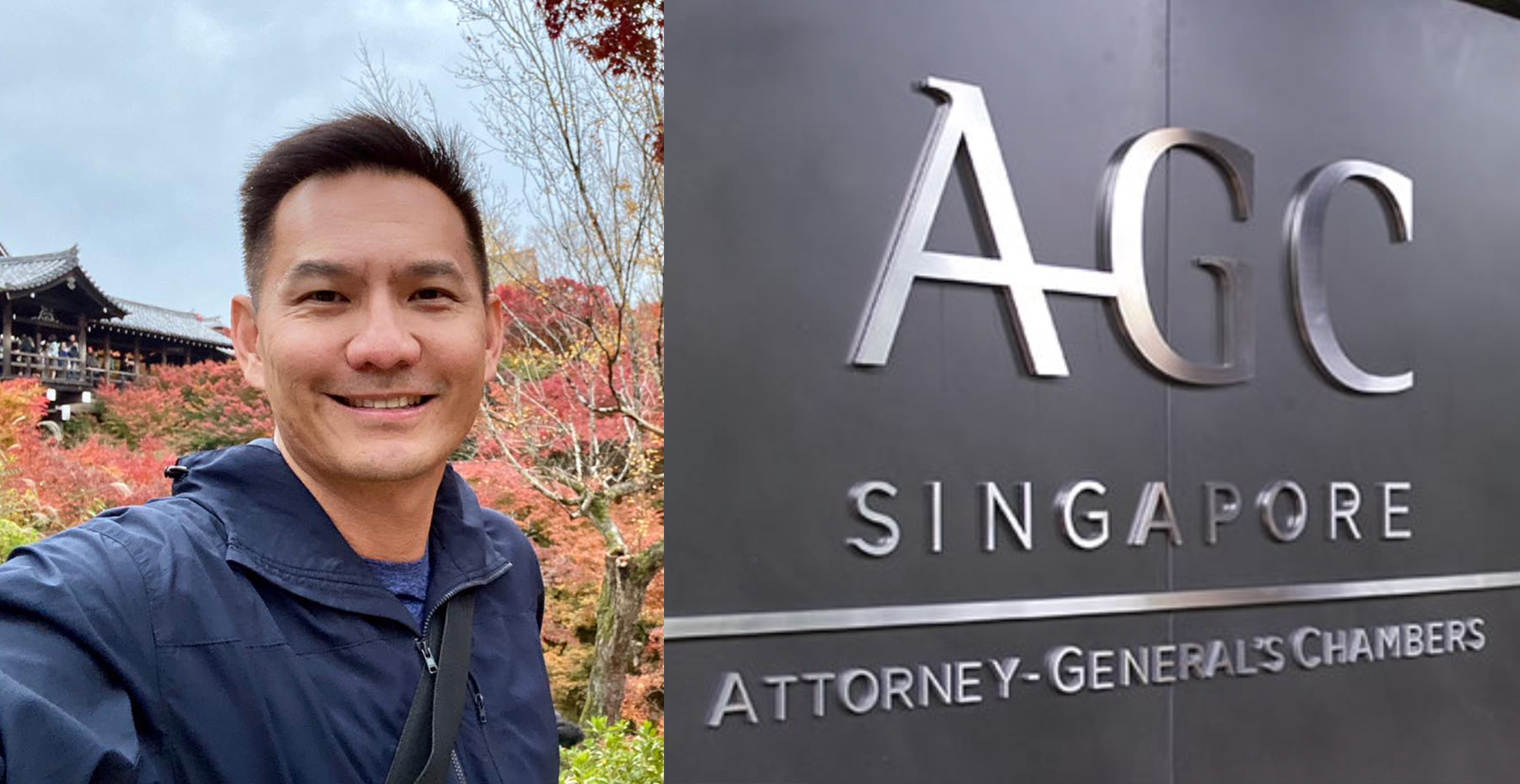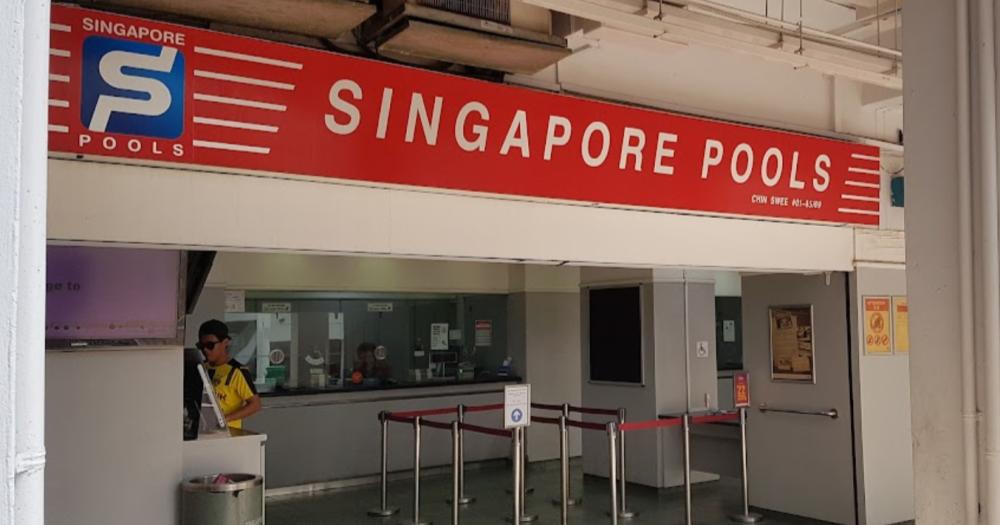For King or Country? Australia PM forced to miss Prabowo inauguration due to King Charles visit.
The Oct. 20 inauguration of Prabowo Subianto was well attended by regional and international leaders.
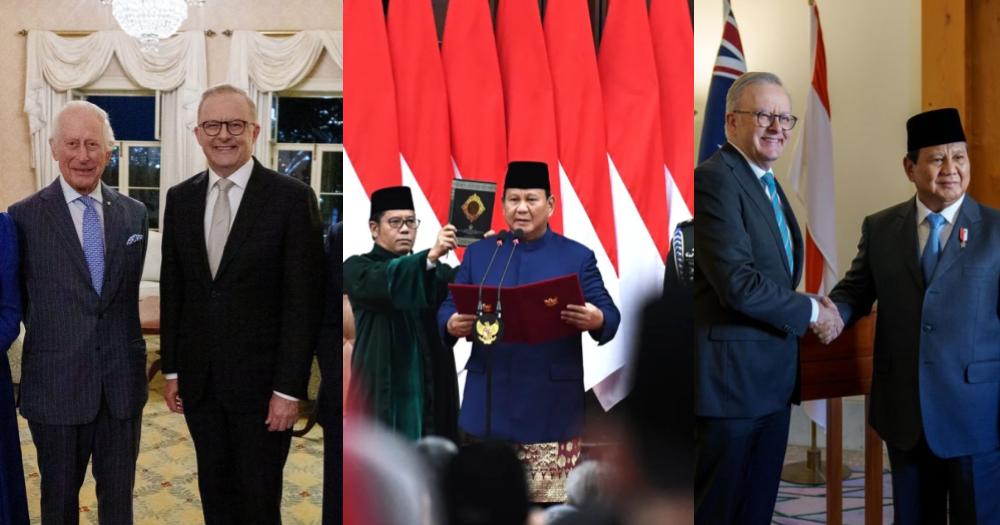
Australian Prime Minister, Anthony Albanese suffered a minor diplomatic faux pas when he was forced to abandon plans to attend the inauguration of Indonesian president Prabowo Subianto, because of a visit by the Australian monarch, King Charles III.
C-c-c-combo breaker
Indonesian presidents have been inaugurated on Oct. 20 every five years since 2004.
Prabowo Subianto, the incoming Indonesian president, spent the month between his February election victory and his October inauguration visiting the capitals of neighbouring states and shoring up his diplomatic credentials.
In addition to several Southeast Asian capitals, he also visited Australia, arguably one of Indonesia's most important, if not the most important, bilateral relationships.
When he visited in August 2024 he met with Australian Prime Minister, Anthony Albanese, who said he would attend the October inauguration according to the Financial Review.
This would be in line with his predecessors, who have attended the inauguration of every popularly elected Indonesian president so far, the first being Susilo Bangbang Yudhoyono in 2004, attended by John Howard.
Clash of Dairies
However, due to what appears to be a scheduling error, this clashed with the visit of the Australian monarch, King Charles III. Charles is also king of the United Kingdom.
Charles is visiting Australia on his way to Samoa, where he is due to attend the Commonwealth Head of Government Meeting, being held from Oct. 23 onwards.
It appears that the clash of these two events, scheduled months in advance, was not spotted in time, requiring Albanese to back out of one.
Faced between the choice of attending the inauguration of a major regional partner, or the rare visit of his head of state, Albanese took the understandable, but embarrassing choice of backing out of Prabowo’s inauguration.
Acceptable substitution
Instead, Australia sent Deputy Prime Minister and Minister of Defence Richard Marles.
Analysts that the newspaper The Australian spoke to agreed that it was an understandable decision, that was unlikely to affect Australian-Indonesian relations too much.
But an op-ed in the same newspaper still described it as a "screw-up" and "snafu".
Marles, being known to Prabowo, was a “pretty good substitute”, according to the Lowy Institute’s Susanna Patton, as the two have worked closely together before.
Prabowo, Albanese, and Marles were all involved in the signing of a of major treaty-level defence pact, the highlight of Prabowo's August visit.
The Australian reports that Albanese had told Prabowo that he was looking forward to working with him and attending the inauguration.
At the time he said that there was “no more important relationship” that Australia had than the one between “our two great nations”.
Albanese was the first international leader to congratulate Prabowo after his February election victory, which Prabowo reportedly said he appreciated very much, calling it a “mark of friendship” and of a good relationship.
Albanese has been criticised for not attending by other Australian politicians, with a senator saying that his government should have been able to “work through” scheduling plans with Buckingham Palace” and treat both the royal visit and the Indonesian inauguration “with respect”.
Eight Asean leaders, and more besides
Prabowo's inauguration was a well-attended but concise affair, concluding in just under three hours.
Attending the inauguration were a host of Southeast Asian and regional leaders, including Brunei’s Sultan Hassanal Bolkiah, and Filipino president Ferdinand Marcos Jr.
Southeast Asian prime ministers who attended included Singapore’s Lawrence Wong, Malaysia’s Anwar Ibrahim, Cambodia’s Hun Manet, and Timor Leste’s Xanana Gusmao.
Fellow Asean states Laos and Vietnam sent their vice presidents, Pany Yathotou and Vo Thi Anh Xuan respectively, with Thailand sending Deputy Prime Minister Suriya Juangroongruangkit.
Other regional partners likewise sent representatives, such as South Korean PM Han Duck Soo, New Zealand DPM and Foreign Minister Winston Peters, the UK’s foreign minister David Lammy, and China’s vice president Han Zheng.
The United States sent a few representatives, its ambassador to the United Nations, Linda Thomas-Greenfield, the deputy secretary of commerce Don Graves, as well as the Commander of the Indo-Pacific command, Samuel Paparo.
Growing footprint
Perhaps a sign of Indonesia’s growing international footprint is the size of the foreign contingent.
In addition to the already named leaders, the PMs of Papua New Guinea, an Indonesian neighbour, the Solomon Islands, Vanuatu, and somewhat unexpectedly Serbia, were all in attendance.
Representatives from Japan, Germany, Canada, Italy, India, Russia, Saudi Arabia, all fellow G20 states, were also in attendance.
While Han Zheng may not loom large in the minds of China watchers, he still represents one of the most senior representatives that China could have sent.
And while none of the U.S. representatives were likewise heavy hitters (one could argue that Foreign Secretary Antony Blinken is understandably busy at the moment), the presence of the head of their Indo-Pacific command is unmistakable signal of Indonesia's importance to the regional security architecture.
Prabowo is keenly aware of Indonesia’s expanding importance in the region, and is eager to build on the work of his predecessors in that role.
Other countries are also paying attention.
Related stories
Top image Joko Widodo/Facebook, & Anthony Albanese/Facebook
MORE STORIES








